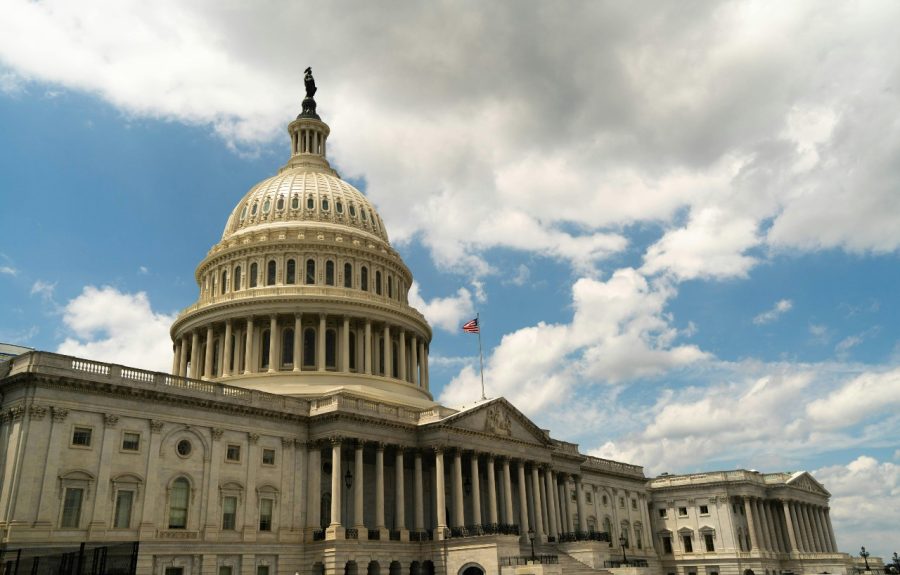The current state of autonomous vehicles in the U.S. is fragmented. Some states allow testing and semi-autonomous driving, others are staunchly against Google, Uber, and even leading automakers like General Motors testing self-driving vehicles in their state.
That may change in July, when the National Highway Traffic Safety Administration (NHTSA) publishes federal guidelines for autonomous vehicles, which will supposedly be more lenient on testing and possibly legalize self-driving systems for public use.
See Also: Volvo wants autonomous cars on the road by 2020
“What is unusual is everybody expects regulation comes out and that’s what it is forever, and NHTSA’s job is react and enforce it,” said senior administrator Mark Rosekind during a panel at the TU-Automotive auto-tech conference in Novi. “That will not work with this area. I think we’re going to have something different in July.”
The Department of Transportation will focus on four main areas in the announcement, according to Rosekind. Those include deployment, state policies, less vague process terminology, and new tools.
NHTSA rules may clean up state rules
Deployment and operations may provide autonomous car vendors with ways to market their vehicle, ensuring that customers know the semi-autonomous features and how to utilize them. We assume the new tools for authorities will also look towards teaching the public about self-driving, while also speeding the rate of deployment.
Fixing state policies and terminology is a major part of a successful deployment for autonomous vehicles. Most autonomous vendors will not deploy systems that are even vaguely considered illegal, which could cause a slowdown in testing and commercialization.
We’ve already seen vague terminology scare ethical hackers away, after Michigan Senators pushed for a life sentence for people that hack connected cars. Creating a federal code for self-driving could be a way to stop these laws from entering the Senate, while also providing more transparency to vendors on what is allowed on the roads.










